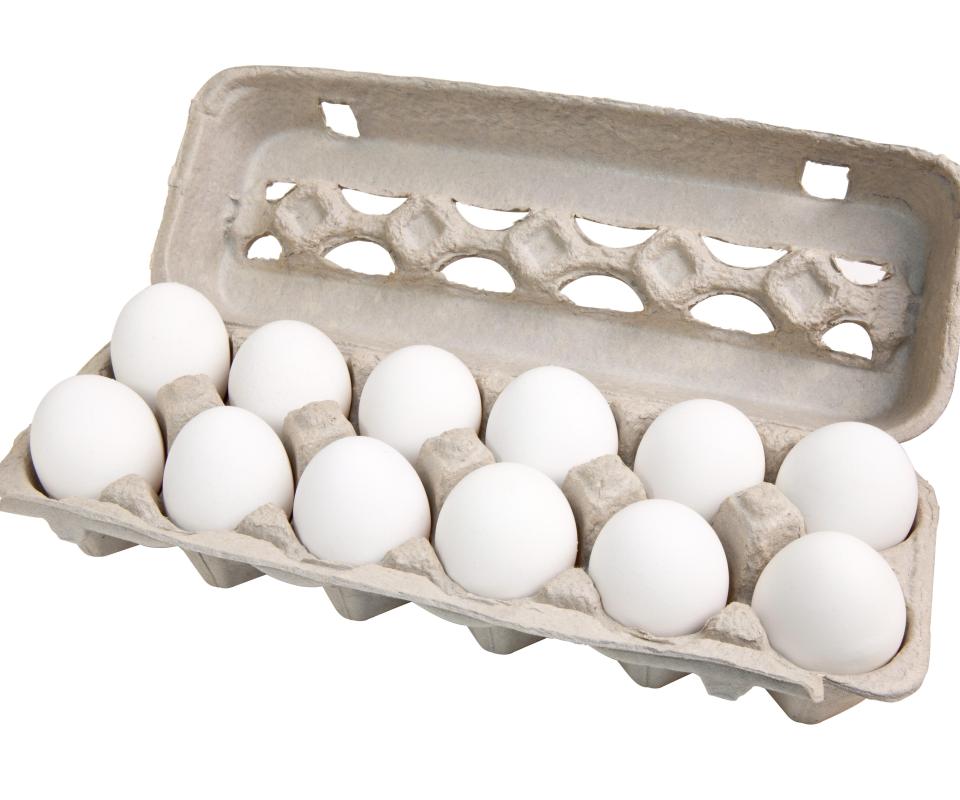At WiseGEEK, we're committed to delivering accurate, trustworthy information. Our expert-authored content is rigorously fact-checked and sourced from credible authorities. Discover how we uphold the highest standards in providing you with reliable knowledge.
What is Papo-De-Anjo?
Portugal is known for many flavorful dishes, including the traditional dessert known as papo-de-anjo. Translated, this Portuguese dish is called angel's double chin. It consists of either a small cake or whipped, frothy treat made with egg yolks and sugar syrup. The treat is also known as Egg Cakes in Syrup.
Most papo-de-anjo recipes call for heavily whipped egg whites. The volume of the egg whites should increase twofold as a result. An average recipe may require 7 to 10 egg yolks; some recipes may call for a few egg whites, usually 1 to 2 per every 10 eggs used, as well.

A basic papo-de-anjo recipe can be made with 8 egg yolks, 2 egg whites, softened butter, sugar, water, and vanilla extract. The pastries are typically prepared in some sort of muffin tin that has been coated with the butter. Both egg yolks and egg whites should be beaten, though separately. After being whipped and thickened, they may be combined.
Once mixed thoroughly together, the egg mixture can be added to the muffin tins. The tins should then be placed inside a baking pan, which should then be filled halfway with boiling hot water. After baking for 20 minutes, the mixture, now fully developed as small cakes, should be set aside to cool. The rest of the ingredients are combined to make a simple sugar syrup in which the cakes will be dipped and wholly coated.

The finished papo-de-anjo cakes are typically covered and refrigerated. They should be stored inside the sugar syrup to allow the flavors to fully seep into the cakes. The finished papo-de-anjo treats can be served after three or more hours of refrigeration.
Many different Portuguese desserts are based on this same recipe. Treats such as fios de ovos, or angel hair, is also made with eggs and sugar. It is popularly served during the holiday season alongside fruits and turkey. These desserts are also popular in Japan, Brazil, and Spain. A traditional way of eating these egg pastries in Portugal is to accompany them with a dessert wine, such as Port.

Egg-based dishes from Portugal are thought to have been created by nuns and monks during the 14th or 15th century. Rather than a purposeful confection, however, they are thought to be a byproduct of the washing process. As medieval washing sometimes called for egg whites in order to starch clothing, a surplus of egg yolks often resulted. These yolks were then experimented with and made into treats with the addition of a few other simple ingredients.
AS FEATURED ON:
AS FEATURED ON:













Discuss this Article
Post your comments